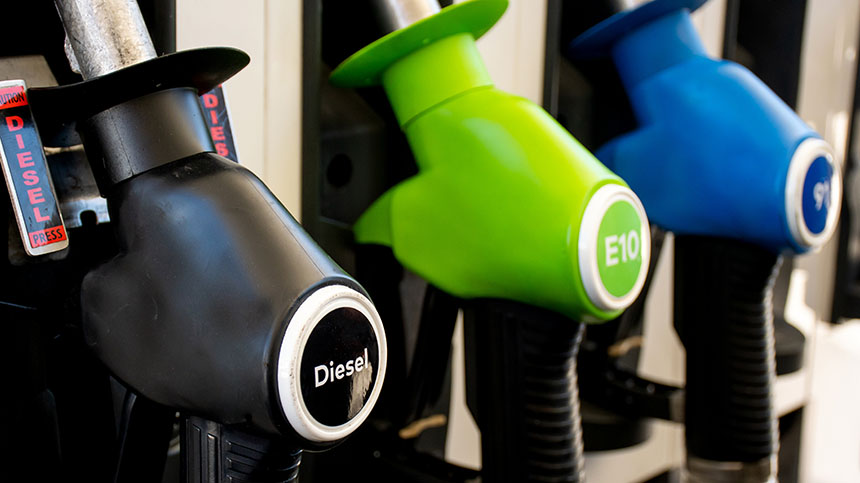Government puts brakes on EV transition

The government has confirmed that the 2030 ban of new petrol and diesel cars will be pushed back to 2035, bringing the UK in line with the rest of the European Union.
The viability of meeting the 2030 deadline was in doubt due to a number of factors, such as a lack of charging infrastructure, a shortage of skills required to repair EVs, and the cost implications for motorists.
Prime Minister Rishi Sunak said: “I expect by 2030 the vast majority of cars sold will be electric, because the costs are reducing, the range is improving, the charging infrastructure is growing. I also think, at least for now, it should be you that makes that choice, not the government forcing you to do it. Because the upfront cost is high. We’ve got further to go to get the charging infrastructure in place.
“So to give us more time to prepare we’re going to ease the transition to electric vehicles. You’ll still be able to buy a combustion engine vehicle until 2035.”
The industry has given a mixed response to the announcement, with Jaguar Land Rover calling it ‘pragmatic’ while Ford says the decision lacks ambition.
Meanwhile, 60% of National Franchised Dealers Association (NFDA) members supported the delay in a survey carried out last month.
Sue Robinson, chief executive, said: “[This] announcement to delay the sale of new petrol and diesel vehicles from 2030 to 2035 is unsurprising given the government’s inertia around driving EV adoption in the UK. This change will likely create further uncertainty for the industry, however, it does align the UK automotive industry with the European Union, its largest international trading partner, and automotive dealers support this.”
Meanwhile, Gordon Balmer, executive director of the Petrol Retailers’ Association, said: “The Prime Minister’s announcement reflects the reality of the delays in meeting infrastructure targets. The widespread adoption of electric vehicles in the UK can’t be realistically achieved without the corresponding charging network to accommodate it. Delays in infrastructure targets and questions around alternative methods of tax to compensate for the loss of fuel duty revenue and VAT have cast a shadow over the 2030 deadline.”
However, with Labour pledging to reverse the delay if it is elected, the Society of Motor Manufacturers and Traders believe the announcement will create uncertainty among the industry and consumers.
Chief Executive Mike Hawes said: “The automotive industry has and continues to invest billions in new electric vehicles as the decarbonisation of road transport is essential if net zero is to be delivered. Government has played a key part in bringing some of that investment to the UK, and Britain can – and should – be a leader in zero emission mobility both as a manufacturer and market.
“To make this a reality, however, consumers must want to make the switch, which requires from government a clear, consistent message, attractive incentives and charging infrastructure that gives confidence rather than anxiety. Confusion and uncertainty will only hold them back.”








